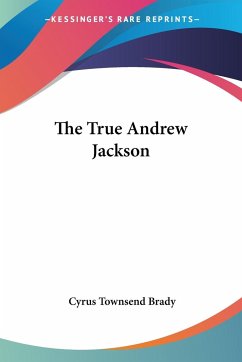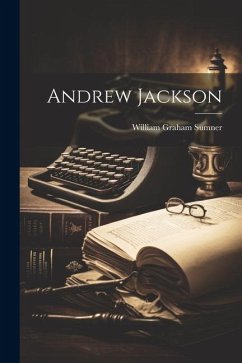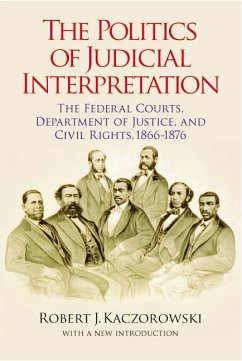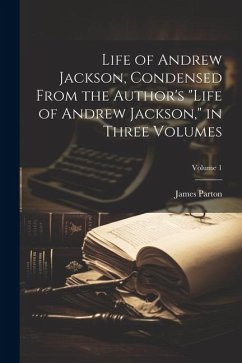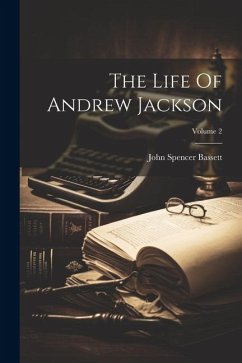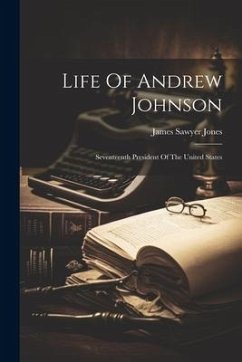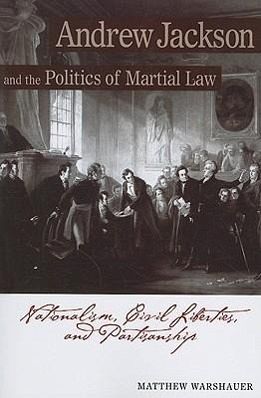
Andrew Jackson and the Politics of Martial Law
Nationalism, Civil Liberties, and Partisanship
Versandkostenfrei!
Versandfertig in über 4 Wochen
29,99 €
inkl. MwSt.

PAYBACK Punkte
15 °P sammeln!
>In order to win the famous battle of New Orleans, Andrew Jackson believed that it was necessary to declare martial law and suspend the writ of habeas corpus. In doing so, he achieved both a great victory and the notoriety of being the first American general to ever suspend civil liberties in America. Andrew Jackson and the Politics of Martial Law tells the history of Jackson's use of martial law and how the controversy surrounding it followed him throughout his life. The work engages the age-old controversy over if, when, and who should be able to subvert the Constitution during times of nat...
>In order to win the famous battle of New Orleans, Andrew Jackson believed that it was necessary to declare martial law and suspend the writ of habeas corpus. In doing so, he achieved both a great victory and the notoriety of being the first American general to ever suspend civil liberties in America. Andrew Jackson and the Politics of Martial Law tells the history of Jackson's use of martial law and how the controversy surrounding it followed him throughout his life. The work engages the age-old controversy over if, when, and who should be able to subvert the Constitution during times of national emergency. It also engages the continuing historical controversy over Jackson's political prowess and the importance of the rise of party politics during the early republic. As such, the book contributes to both the scholarship on Jackson and the legal and constitutional history of the intersection between the military and civilian spheres. To fully understand the history of martial law and the subsequent evolution of a theory of emergency powers, Matthew Warshauer asserts, one must also understand the political history surrounding the discussion of civil liberties and how Jackson's stature as a political figure and his expertise as a politician influenced such debates. Warshauer further explains that Abraham Lincoln cited Jackson's use of the military and suspension of civil liberties as justification for similar decisions during the Civil War. During both Jackson's and Lincoln's use of martial law, critics declared that such an action stood in opposition to both the Constitution and the nation's cherished republican principles of protecting liberty from dangerous power, especially that of the military. Supporters of martial law insisted that saving the nation became the preeminent cause when the republic was endangered. At the heart of such arguments lurked the partisan maneuvering of opposing political parties. Andrew Jackson and the Politics of Martial Law is a powerful examination of the history of martial law, its first use in the United States, and the consequent development of emergency powers for both military commanders and presidents. Matthew Warshauer is associate professor of history at Central Connecticut State University. He is the author of the forthcoming Andrew Jackson: First Men, America's Presidents. His articles have appeared in Tennessee Historical Quarterly, Connecticut History, Louisiana History, and New York History.




